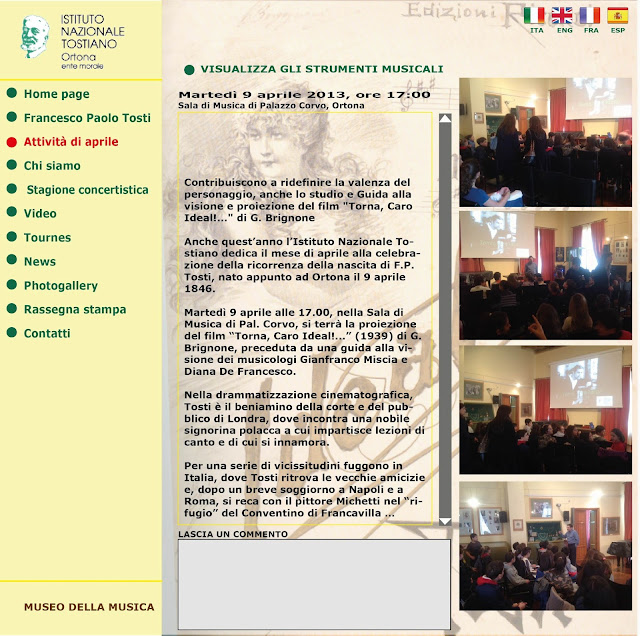written by Konstantinos Z.
Cavafy was born in 1863 in Alexandria, Egypt, to Greek
parents, and was baptized in the Greek Orthodox Church. His father was a
prosperous importer-exporter who had lived in England in earlier years and
acquired British nationality. After his father died in 1870, Cavafy and his
family settled for a while in Liverpool, England. In 1876, his family faced
financial problems due to the Long Depression of 1873, so, by 1877, they had to
move back to Alexandria.
Almost all of Cavafy's work was in Greek. He is known for his use of
metaphors, his brilliant use of historical imagery, and his aesthetic
perfectionism.
His poems were the subject of study worldwide and have been
translated into French, English, German, Italian, Spanish, Japanese and many
other languages.
2013 is the anniversary of 150 years since the birth of
the leading poet. The Greek Ministry of
Education, Religion, Culture and Sport proclaimed 2013 “Year of Konstantine Cavafy” .
Here it is
his poem “Ithaka”, which Kavafy wrote inspired by the Homeric return
journey of Odysseus to his home island, as depicted in the Odyssey.
The poem's theme is the enjoyment of the journey of life, and the increasing
maturity of the soul as that journey continues. The translation was made by Edmund Keeley and Philip
Sherrard.( (C.P. Cavafy, Collected Poems, Edited by George Savidis.
Revised Edition. Princeton University Press, 1992)
Ithaka
|
As you set out for Ithaka hope the voyage is a long one, full of adventure, full of discovery. Laistrygonians and Cyclops, angry Poseidon—don’t be afraid of them: you’ll never find things like that on your way as long as you keep your thoughts raised high, as long as a rare excitement stirs your spirit and your body. Laistrygonians and Cyclops, wild Poseidon—you won’t encounter them unless you bring them along inside your soul, unless your soul sets them up in front of you. Hope the voyage is a long one. May there be many a summer morning when, with what pleasure, what joy, you come into harbors seen for the first time; may you stop at Phoenician trading stations to buy fine things, mother of pearl and coral, amber and ebony, sensual perfume of every kind— as many sensual perfumes as you can; and may you visit many Egyptian cities to gather stores of knowledge from their scholars. Keep Ithaka always in your mind. Arriving there is what you are destined for. But do not hurry the journey at all. Better if it lasts for years, so you are old by the time you reach the island, wealthy with all you have gained on the way, not expecting Ithaka to make you rich. Ithaka gave you the marvelous journey. Without her you would not have set out. She has nothing left to give you now. And if you find her poor, Ithaka won’t have fooled you. Wise as you will have become, so full of experience, you will have understood by then what these Ithakas mean. |
Sources






























